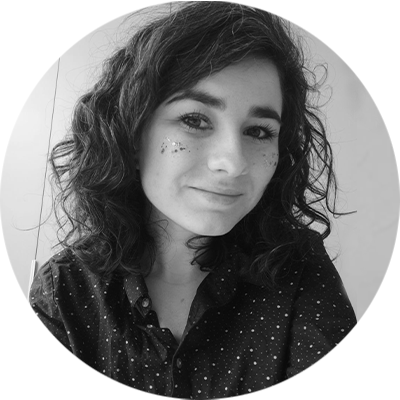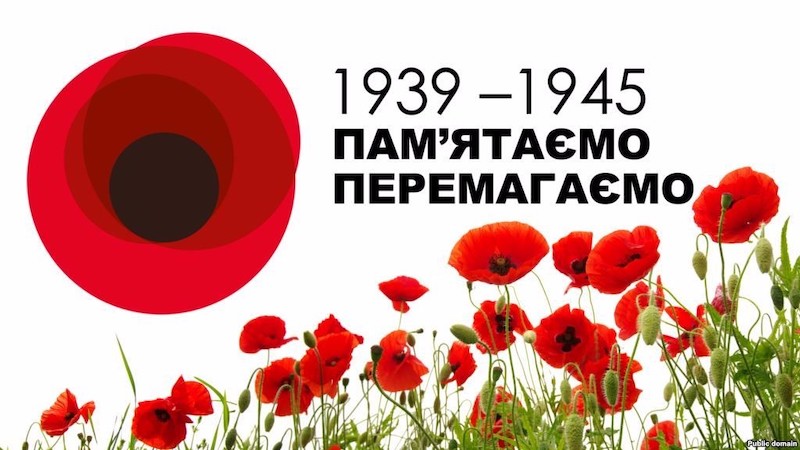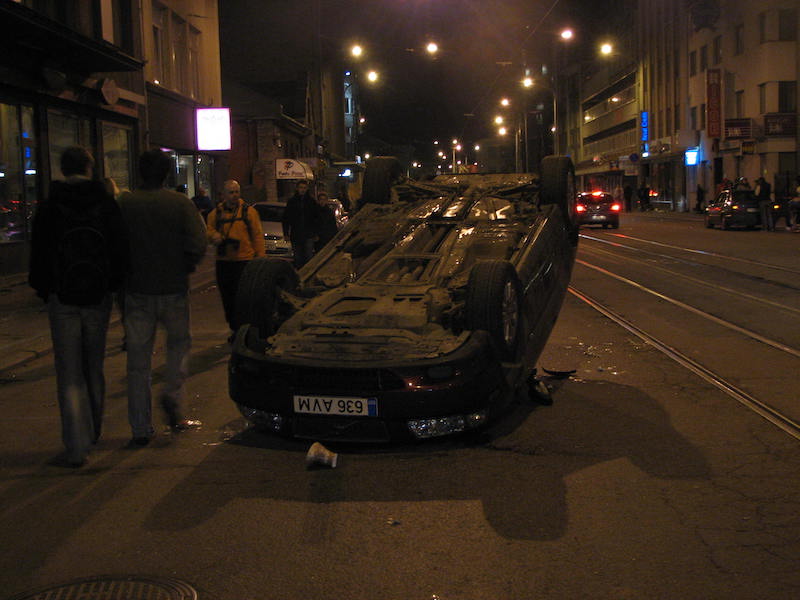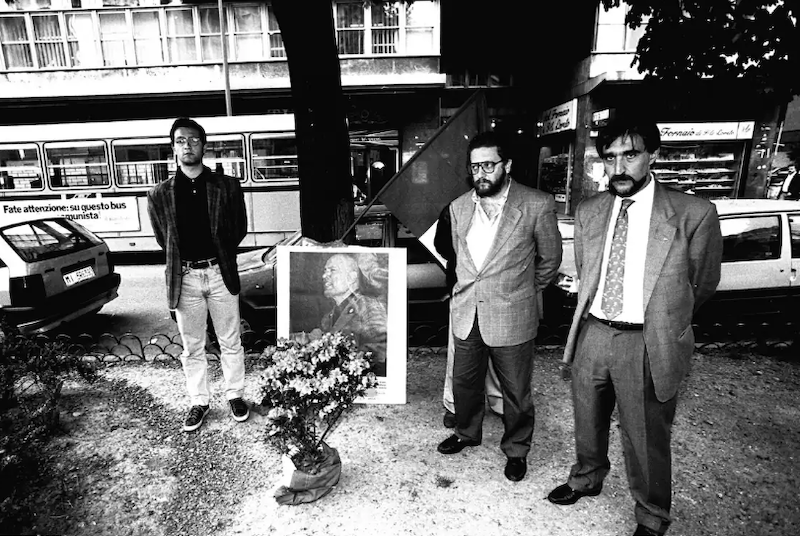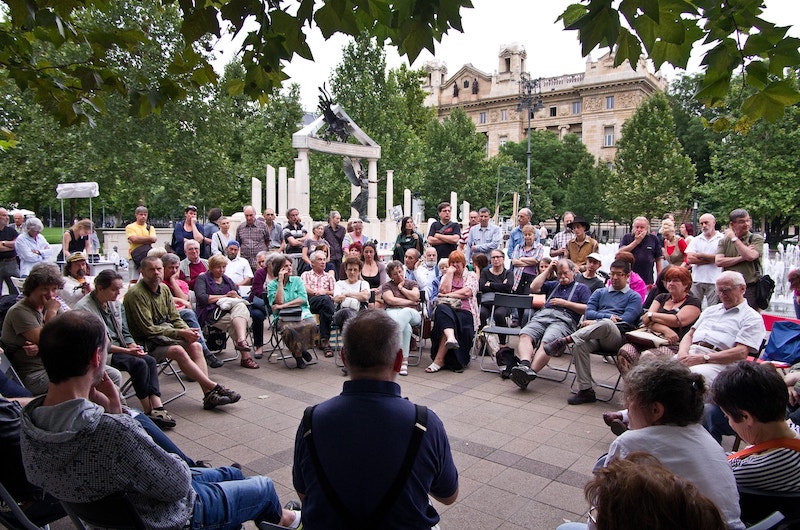For Ukrainian schoolchildren of the 2000s, 9 May meant visits to the local parade, where they handed flowers to war veterans, who marched down the main street. The kids wore a small black and orange-striped St. George ribbon ― a symbol of “The Victory over Nazism”.
Last year, when Russians occupied part of the Kharkiv region, a villager volunteered to work with the occupiers, while wearing the ribbon of Saint George. When Ukrainian forces liberated the village, the local residents turned on him, and this once-important symbol. He was then detained by police.
How did this change happen?
On 9 May in 2010, Russia renewed the lease on its Russian naval base in Ukraine’s Crimea region, and a full-scale military parade with Soviet symbols took place in Kyiv.
In 2014, the Russo-Ukrainian war began. People sympathetic to Russia started wearing the St. George ribbon. A year later, Ukraine adopted decommunisation laws, which banned Soviet symbols, alongside Nazi imagery. The main holiday became the 8 May as the day for remembrance and reconciliation, and a red poppy became its symbol. Ukraine stopped holding military parades in May ― and Russia started organising them in the occupied territories. Russian President Vladimir Putin even visited such a parade in Sevastopol, Crimea, in 2014.
Despite this state policy, 80% of Ukrainians still considered 9 May an important day. But that was before Russia invaded further. The full-scale invasion changed this attitude: now only 15% of Ukrainians have this view.
A year ago, Ukrainians were leaving large cities, concerned that Russia may use nuclear weapons on its Victory Day of 9 May.
Now, people in Ukraine are discussing whether they’ll sleep at all, as Russian attacks are especially intense.
In the past, the only explosions we heard on these days were fireworks. Today it is missiles. There is no atmosphere of celebration, only the feeling of danger ― and the need for truth.

